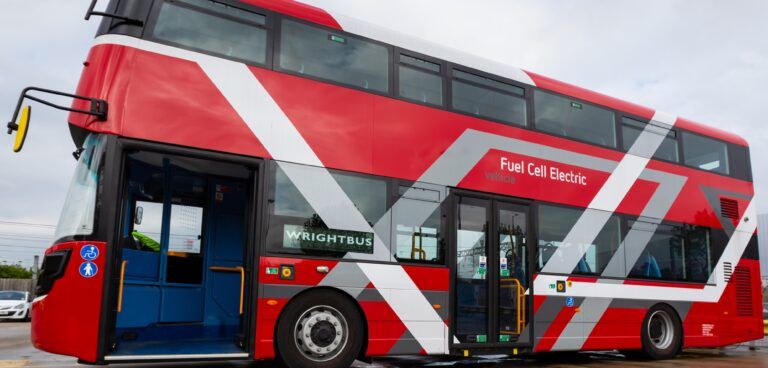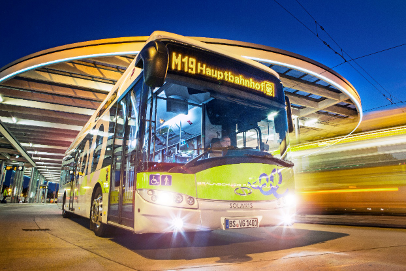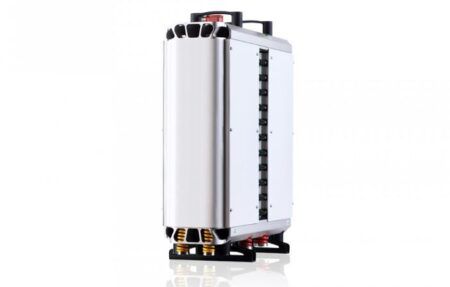In 2020, the UK’s capital will see the introduction of the world’s first hydrogen double decker buses as part of London’s push for zero emission transportation.
Transport for London has invested £12m (US$20.5m) in 20 of the British-built buses, which will run on three routes across the city (245, 7 and N7) to tackle air quality and see London have the cleanest bus fleet in Europe.
TfL currently has a total of 165 zero emission buses, with a further 68 electric double deckers on the roads by the summer and also introduced the world’s first Ultra Low Emission Zone last month reducing harmful NOx emissions by 90% on some of the capital’s busiest roads.
Sadiq Khan, mayor of London, said: “We all have a role to play in cleaning up London’s toxic air and I’ve always said that TfL should lead from the front. Following the launch of the world-first Ultra Low Emission Zone last month I’m delighted that TfL has today signed a contract to bring 20 state-of-the-art, zero-emission hydrogen buses to London’s streets. We are investing a record £85m [US$109m] in cleaning up our bus fleet, and I am proud that London now has the largest zero-emission bus fleet in Europe.”
The advantages of hydrogen buses are that they can store more energy on board than equivalent buses, meaning they can be deployed on longer routes. They only need to be refuelled once a day for five minutes, making them much quicker to power up when compared with conventional battery-electric buses
As well as helping to clean up London’s air quality, TfL’s investment in hydrogen buses is part of an initiative to lower the overall cost of hydrogen power for other European cities to adopt the vehicle technology.
The Joint Initiative for hydrogen Vehicles across Europe (JIVE) project aims to bring down the cost of the vehicles by buying in bulk with other authorities – helping put the price per bus on a par with the other cleanest fuels.
“London has the cleanest bus fleet in Europe, but we know we need to go further and faster to tackle the public health emergency caused by dirty air. Innovating and using hydrogen means we have flexibility in matching the right fuel with the operational requirements of the network,” said Claire Mann, TfL’s director of Bus Operations.
“We are also pleased to be leading an initiative that brings down the cost of buying the greenest buses across the continent and within our own country, as we know pollution doesn’t respect national or local boundaries.”





